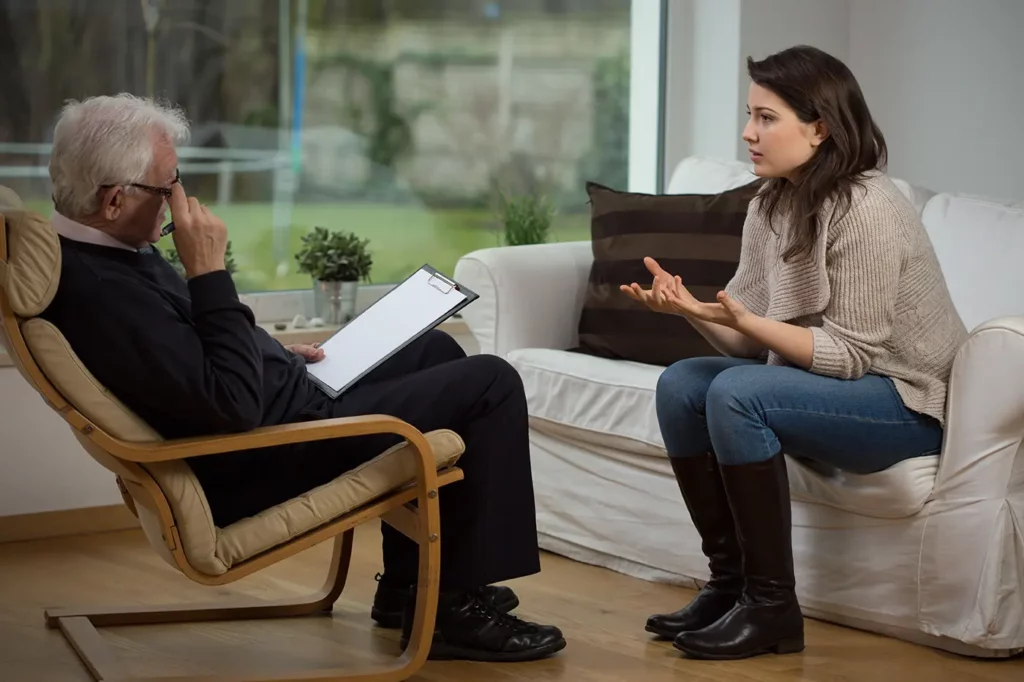24/7 Helpline:
(866) 899-221924/7 Helpline:
(866) 899-2219
Learn more about PTSD Treatment centers in Ponce De Leon
PTSD Treatment in Other Cities
Other Categories in Ponce De Leon

Other Insurance Options

Magellan

Holman Group

BHS | Behavioral Health Systems

Regence

UnitedHealth Group

EmblemHealth

State Farm

Multiplan

Humana

Premera

Amerigroup

CareSource

Ceridian

Molina Healthcare

Sutter

Access to Recovery (ATR) Voucher

Lucent

MHNNet Behavioral Health

Covered California

Group Health Incorporated









